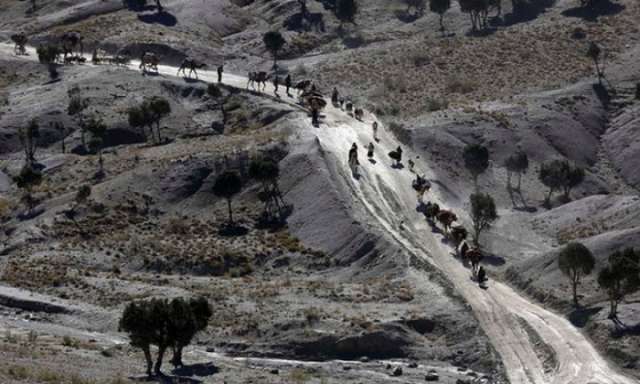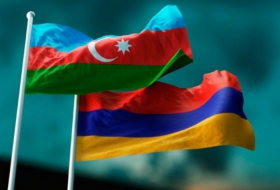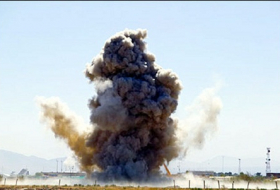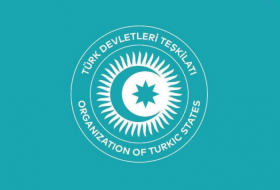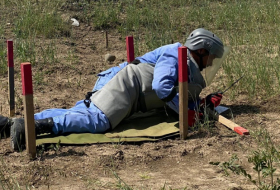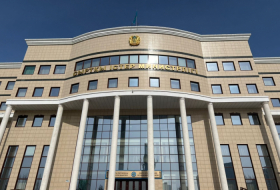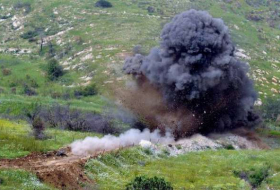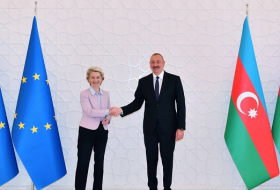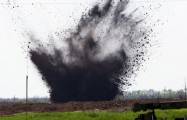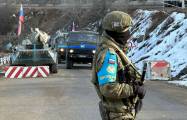Pakistan inherited its 1,500-mile border with its western neighbour when it gained independence from Britain in 1947, but Afghanistan has never formally recognised it.
Official Afghan maps reflect the so-called Durand Line, but many nationalists believe the true border lies at the river Indus that runs though Pakistan and gave India its name.
“Officials from the geological survey departments of the two countries will conduct a survey, and they will also make use of Google Maps,” said a senior Pakistani security source in Islamabad who requested anonymity.
Abdul Razeq, the police chief of Kandahar province, southern Afghanistan, said: “After negotiations, both sides have agreed that a geological survey should be conducted. Technical teams of both countries will use GPS and Google Maps as well as other means to get the answer.”
Google complies with certain countries’ requirements to show borders in line with national demands. For instance, its Indian site shows the entirety of disputed Kashmir as controlled by India. In Pakistan, however, the site shows the internationally recognised de facto border, the Line of Control, marked with a dotted line to denote it is disputed.
In 2010 Google was embroiled in a dispute that prompted Nicaragua and Costa Rica to dispatch troops and armed police to their joint border.
A Nicaraguan commander cited Google’s version of the border map in an interview with the Costa Rican newspaper La Nación to justify a raid on a disputed area of Costa Rica. Google later said it had made a mistake and corrected its map to reflect one sanctioned by the US state department.
Last year Pakistan began trying to harden the traditionally soft border with Afghanistan through trenching and fencing, but its efforts were met with hostility from Kabul.
Ethnic Pashtuns living in the region have traditionally paid little heed to the border. Villages straddling the frontier have mosques and houses with one door in Pakistan and another in Afghanistan.
On Sunday Pakistani forces elevated their rhetoric when they said they had killed “more than 50 soldiers” in last week’s border clashes – a claim quickly rejected by Kabul, which said it lost two soldiers.
/Guardian/
More about: #Afghanistan #Pakistan








